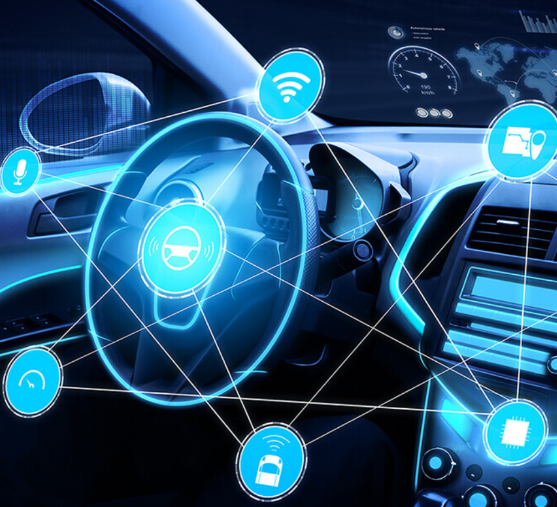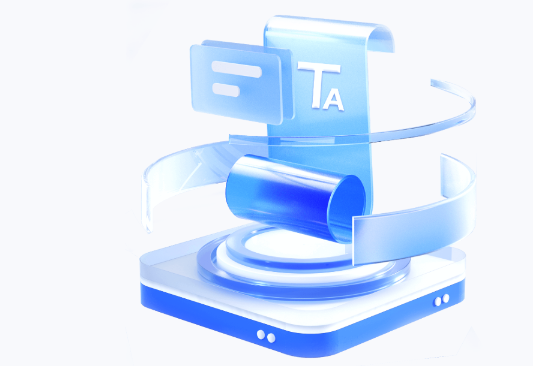In intelligent algorithms driven by data, the quality and quantity of data determine the learning efficiency and decision-making precision of dataset for AI systems. Different from traditional programming, machine learning and deep learning models rely on massive training data to “self-learn” patterns and rules. Therefore, building and maintain datasets has become the core mission in AI research and development. Through continuously enriching data samples, AI model can handle more complex real world problems, as well as improving the practicality and applicability of technology.

The world of biometrics is continually evolving, with various applications ranging from access control to identity verification in everyday devices. As this technology permeates different sectors, ensuring its reliability and security becomes paramount. One of the industry's most recognized standards for biometric performance testing is the iBeta certification. This certification evaluates biometric systems for their robustness, accuracy, and resistance to spoofing attacks.
To achieve iBeta certification, biometric systems must be tested on datasets that represent real-world scenarios, including challenges like varying environmental conditions and spoofing attempts. Here’s a guide on the types of datasets that are suitable for iBeta certification, focusing on facial recognition systems.
Importance: Spoofing, where attackers attempt to deceive biometric systems using photos, masks, or videos, is a major security threat. Anti-spoofing datasets help in training and evaluating systems to detect such attacks effectively.
Examples: CASIA-FASD (Face Anti-Spoofing Database): This dataset includes videos of real and fake faces, with various attack types such as printed photos and video replays. It provides a diverse set of samples for testing the resilience of facial recognition systems.
Replay-Attack Database: Focused on video-based attacks, this dataset includes real access attempts and various spoofing methods like high-definition videos, making it ideal for assessing a system’s vulnerability to replay attacks.
• Datasets for anti-spoofing testing
Why It's Suitable: These datasets are crucial for iBeta’s anti-spoofing testing, ensuring the biometric system can distinguish between genuine and fraudulent attempts.
• iBeta certification requirements

2. Drowsiness Detection Datasets
Importance: Although primarily used in automotive safety systems, drowsiness detection can also enhance biometric systems by ensuring that the subject is alert and actively participating during authentication.
Examples: DROZY Database: Comprising both electroencephalogram (EEG) data and video recordings, this dataset allows systems to detect drowsiness based on visual cues, such as eye closure and yawning.
NTHU Drowsy Driver Dataset: This dataset includes facial expressions and head movements of drivers under various lighting conditions, simulating real-world scenarios that could impact biometric performance.
Why It's Suitable: For iBeta certification, a system’s ability to handle real-world challenges, such as user fatigue, can be crucial for maintaining accuracy and preventing false negatives.
• Off-the-Shelf Datasets for biometric system testing
3. Eye Gaze Datasets
Importance: Eye gaze tracking can be integrated into biometric systems for enhanced security, ensuring that the subject is looking at the camera during authentication. It can also be used in conjunction with other modalities like facial recognition.
Examples: GazeCapture: One of the largest eye-tracking datasets, GazeCapture includes over 2.5 million frames of eye gaze data collected from mobile devices, making it ideal for testing mobile biometric applications.
MPIIGaze: Focused on gaze estimation in natural environments, this dataset contains images of people looking at various points on a screen, simulating real-world usage conditions.
Why It's Suitable: For iBeta certification, incorporating eye gaze data can enhance security by ensuring active participation and preventing spoofing attempts using static images or videos.

4. Large-Scale Facial Recognition Datasets
Importance: iBeta certification evaluates a system's accuracy and performance across a wide range of conditions. Large-scale datasets with diverse demographics and environmental variations are essential for thorough testing.
Examples:
MS-Celeb-1M: A large-scale dataset with over 1 million images of celebrities, providing a diverse range of facial images for training and testing.
VGGFace2: Featuring 3.3 million images of over 9,000 individuals, this dataset is known for its diversity in age, ethnicity, and lighting conditions, making it suitable for testing facial recognition systems.
Why It's Suitable: These datasets allow biometric systems to be tested against a wide variety of faces, ensuring that the system is robust and accurate across different demographics and scenarios.

5. Multimodal Biometric Datasets
Importance: Some systems integrate multiple biometric modalities, such as facial recognition, iris scanning, and voice recognition. Multimodal datasets allow for comprehensive testing of such systems.
Examples:
BioSec Baseline Corpus: A multimodal dataset that includes face, fingerprint, and voice data, allowing systems to be tested across multiple biometric modalities.
BIOMDATA: Another multimodal dataset, BIOMDATA includes iris, face, and fingerprint data collected from over 500 subjects.
Why It's Suitable: iBeta certification may involve testing systems that use multiple biometric traits, and these datasets provide the necessary diversity for comprehensive evaluation.
Achieving iBeta certification is a significant milestone for biometric systems, signaling that they meet rigorous standards for accuracy, reliability, and security. The right datasets are crucial in this process, providing the necessary diversity, realism, and challenge to test systems effectively.
Whether you are focusing on anti-spoofing measures, ensuring accurate performance under varying conditions, or integrating multimodal biometrics, the datasets highlighted here can serve as a valuable resource in your journey toward iBeta certification. By leveraging these datasets, developers can build and refine systems that not only meet industry standards but also offer robust security and performance in real-world applications.
In the development of artificial intelligence, the importance of datasets are no substitute. For AI model to better understanding and predict human behavior, we have to ensure the integrity and diversity of data as prime mission. By pushing data sharing and data standardization construction, companies and research institutions will accelerate AI technologies maturity and popularity together.
Media Contact
Company Name: Nexdata
Email: Send Email
Address:28 Birchgove Cr
City: Eastwood
State: NSW 2122
Country: Australia
Website: https://www.nexdata.ai/




